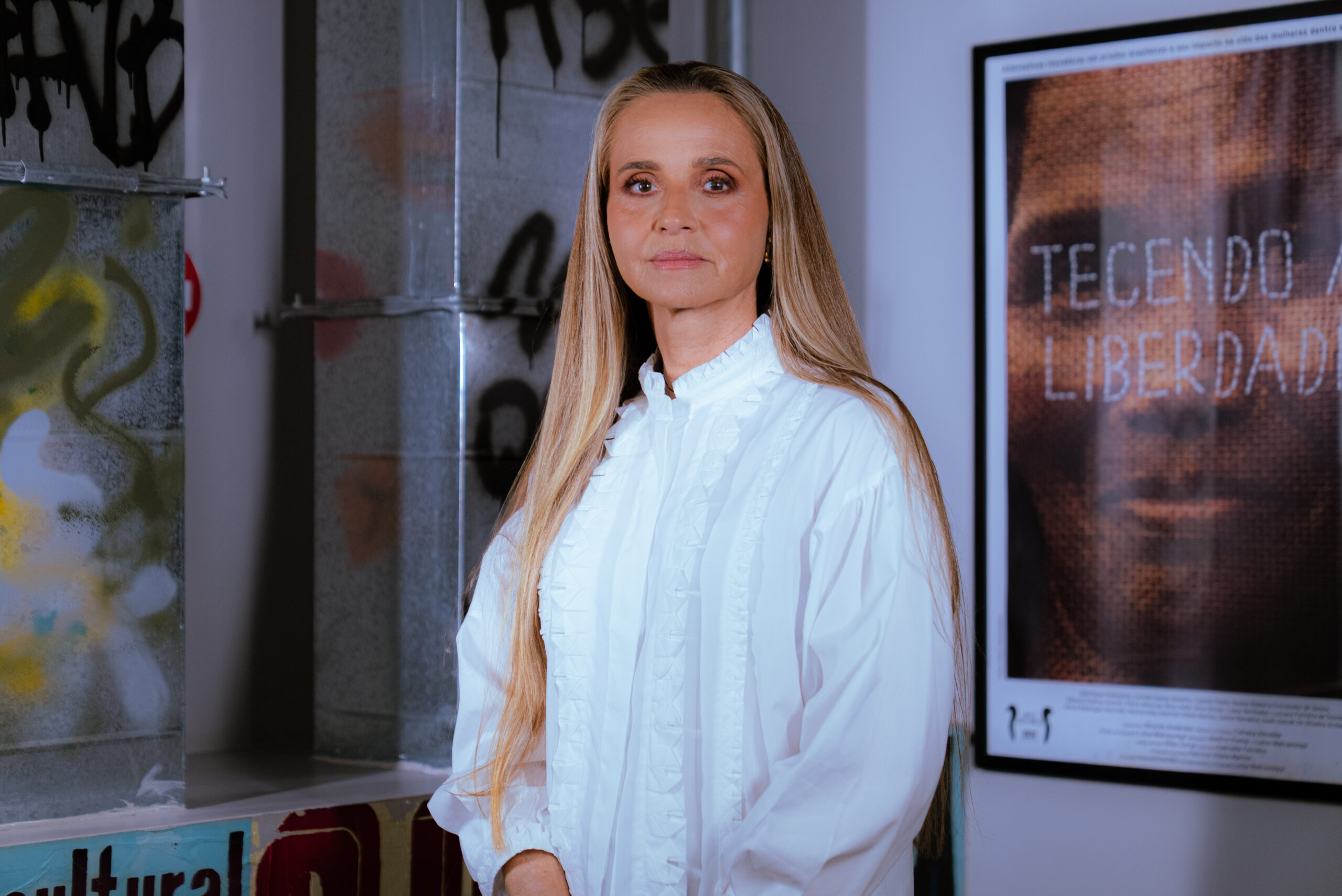The following article, written by Patrícia Villela Marino, was originally published in the newspaper O Globo on July 15.
The announcement of the closure of Primary School, conceived by Mark Zuckerberg and Priscilla Chan, goes far beyond the shuttering of an educational institution. It represents the collapse of a model that called itself philanthropic but operated from the outset under Silicon Valley’s relentless logic: quick results, immediate scalability, and low tolerance for error. Founded with the promise of providing transformative education to children from vulnerable communities in Palo Alto, the school bids farewell without a single member of its first class having graduated.
The reason is telling: high costs, declining donations, and lack of short-term returns. This was not a decision based on social impact or the well-being of the families served. It was a calculation. An equation that, when the numbers don’t add up, authorizes abandonment. And this is precisely the point: true philanthropy is not based on cold calculations but on long-term ethical commitment to human dignity.
Philanthropy is, by definition, love of humanity. Like all genuine love, it is not convenient. It is persistent, resilient, and deep. It demands listening, continuity, and responsibility toward others. You cannot simply turn off the lights, close enrollment, and wish good luck to the families who depended on that school. That is not philanthropy. That is the failure of an experiment that was never designed to withstand the time and complexity that all social transformation requires.
For years, Zuckerberg and Chan were hailed as the poster couple for America’s new philanthropy. Young, billionaire, well-educated, committed to noble and progressive causes. But once the political tide in the United States turned against the diversity, equity, and inclusion agenda, their most emblematic initiative in this area was discontinued. Coincidence? It doesn’t seem so. Instead of resisting, as committed action demands, they chose to redirect their resources to more “strategic” areas like artificial intelligence and biomedicine. Convenient. Profitable. Politically safe.
Add to this the fact that in the United States, philanthropy enjoys well-defined tax incentives. The same does not occur in Brazil, where the absence of favorable tax policy forces our philanthropists—these truly committed ones—to invest in social causes out of devotion, love for their neighbor, and the spirit of humility of those who serve without expecting returns.
What saddens me most about this episode is realizing that while innovation rhetoric continues to enchant entire sectors of global philanthropy, the essential is being lost: a sense of responsibility toward the most vulnerable. Education is not a testing ground. Children are not prototypes. Entire families cannot be treated as beta users of a social platform to be discontinued.
Educational initiatives need time. Community roots. Active listening. Empathy. There is no possible transformation in a decade, much less when it is required to meet the same success metrics as a startup seeking unicorn status.
Philanthropy is not venture capital. It is an investment of faith—in people, in education, in social justice. Faith that is not shaken by market fluctuations, that does not abandon when returns are slow, that does not outsource its mission to algorithms.
A call must be made to the philanthropic field, especially to those committed to systemic change: we cannot measure social results with an angel investor’s yardstick. We need metrics that consider human time, social complexity, and the value of persistence.
Without this, we continue replacing love with capital, commitment with convenience. On this path, schools close. Promises wither. And those who need help most are, once again, left behind.
Patrícia Villela Marino is president of the Humanitas360 Institute





